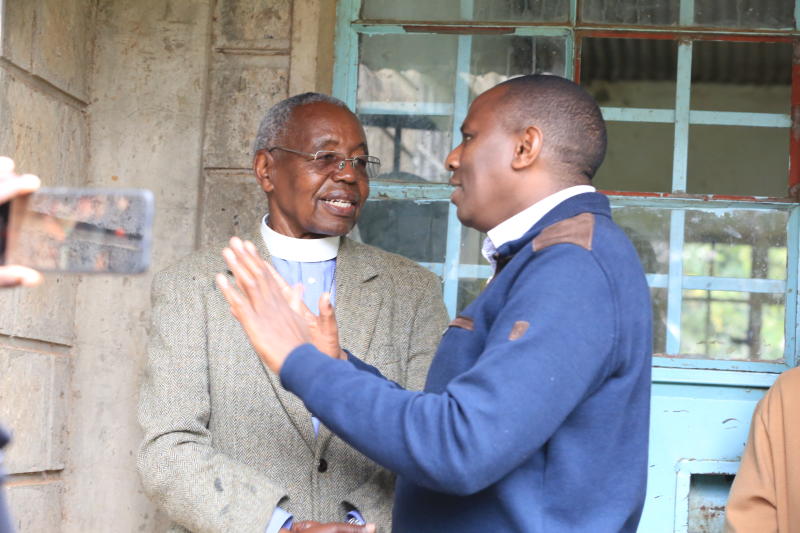
The ultimatum given by President Uhuru Kenyatta to the Ministry of Education to hand over all schools founded by religious organisations to the rightful owners has opened old wounds.
The ultimatum, which expires on Thursday, will pit some of Kenya’s oldest indigenous churches such as the African Independent Pentecostal Church of Africa (AIPCA), the Catholic Church, the Anglican Church of Kenya (ACK), Presbyterian Church of East Africa (PCEA) and other faiths against the state. At stake are hundreds of schools originally owned by AIPCA and other denominations and faiths.